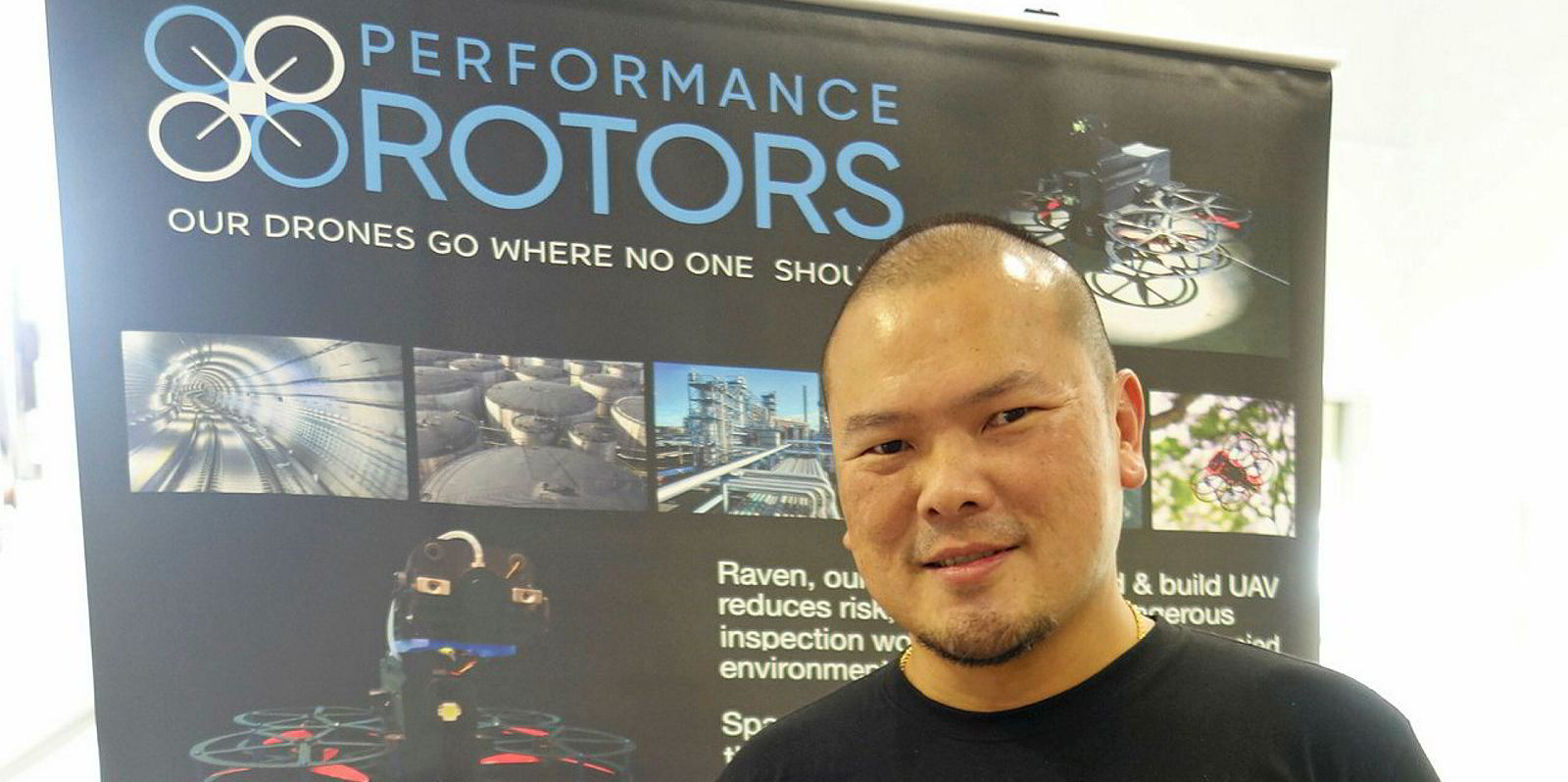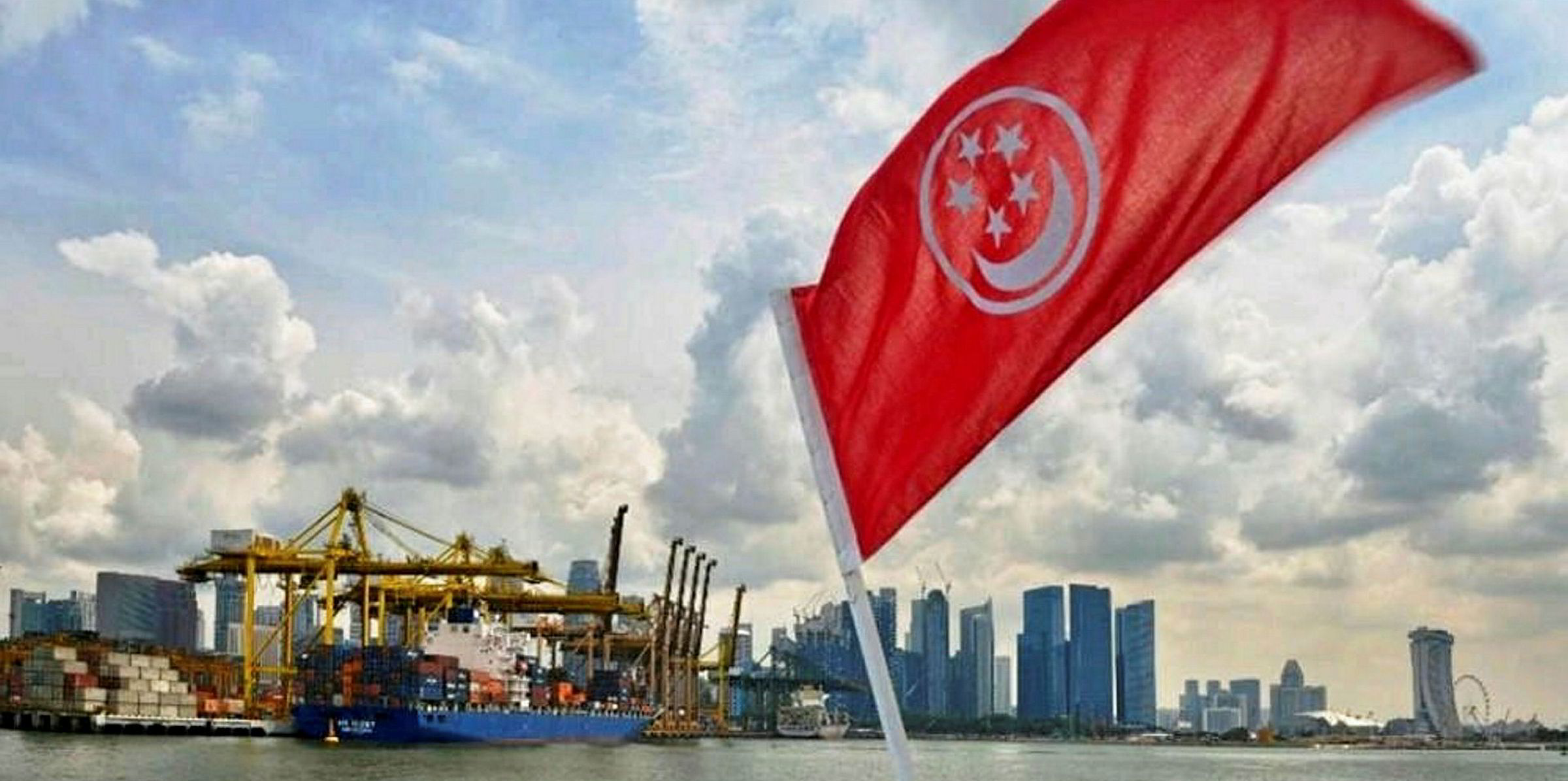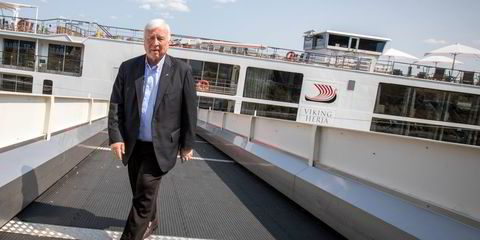PIER71 pioneers Freddy Boey and Mark Lim of the National University of Singapore say the tech accelerator is just one of many taking place worldwide that seeks to address the problems faced by the maritime industry.
Following the formula, PIER71 works with all comers to seek technological solutions to real-time problems identified by industry players.
In its recent Smart Port Challenge — the third to date — tech developers were asked to tackle one or more of the 29 problem statements contributed by Jurong Port, PSA unboXed, TATA NYK Shipping, Wartsila, Wilhelmsen and Vopak, to name a few.
The challenges encompassed areas such as port operations, shipping, and maritime services and logistics.
Shortlisted start-ups undergo a six-week programme, working with industry partners to fine-tune solutions.
Solutions from the most recent Smart Port Challenge ran the gamut from 3D digital printing and online bunker procurement platforms to drones capable of conducting detailed inspections in confined spaces onboard vessels.
Fast-tracking solutions
Boey and Lim argue that accelerators are strong contenders for fast-tracking technology solutions on an industry-wide, commercially feasible basis.
“We need a good system where people come together," Boey said. "PIER71 is a good example of how you put everybody together faster.
"If companies individually meet developers, it is going to take forever. The gulf is shortened by programmes like this one.
"In-between people like us pull everyone closer together, manage expectations, become more focused, and when you finally meet, there is a better connection.
“How do we do it? We do everything in parallel rather than back to back. We start programmes by pulling in good scientists, while at the same time we have a wish list where [the] industry can say what things it needs," Boey added.
"We have students who say, 'aha, you have a need and I think I have a solution'. Straight away it comes together.
Gathering the pieces
“My job is to gather these pieces — as many as we can. Universities are well known for having technological people. So that's good.
"But to have entrepreneurial people who are also at the same time steady in technology, that is a different thing. I have about 10,000 people who are good in science and technology, but I have 1% who are by nature very entrepreneurial.
“The industry part is important because at the end of the day they are the ones that either validate, or tell us what the problem is.”
While PIER71 is a Singaporean initiative, Boey stressed that it has a global outlook.
“My own take is that we don't do it first in Singapore and then the rest of the world," he said. "Things are moving so fast, you don't even have that luxury. You've got to move at the speed of light.”





